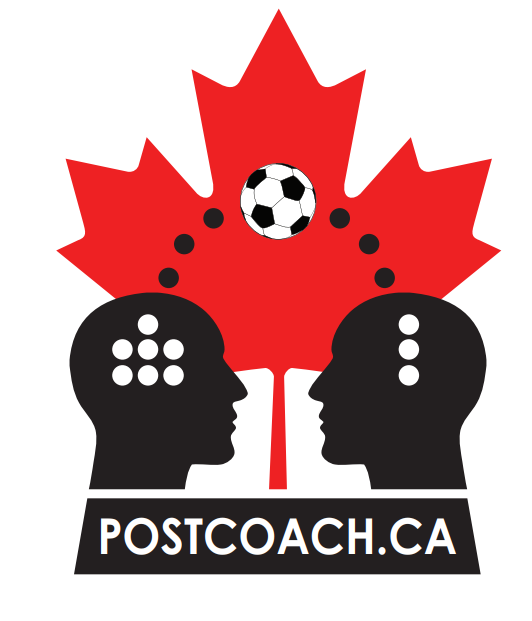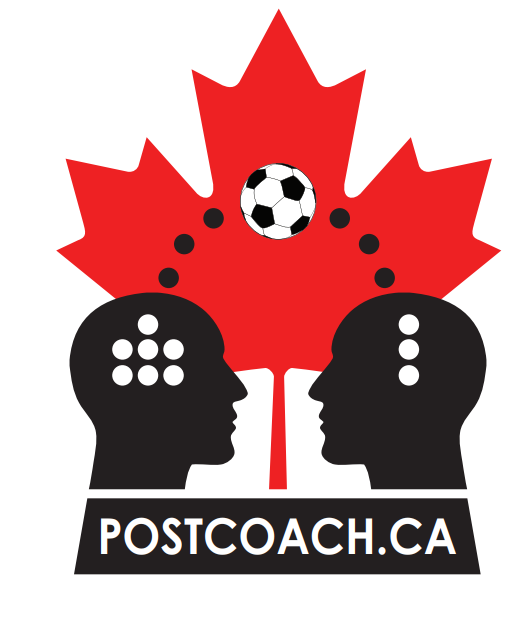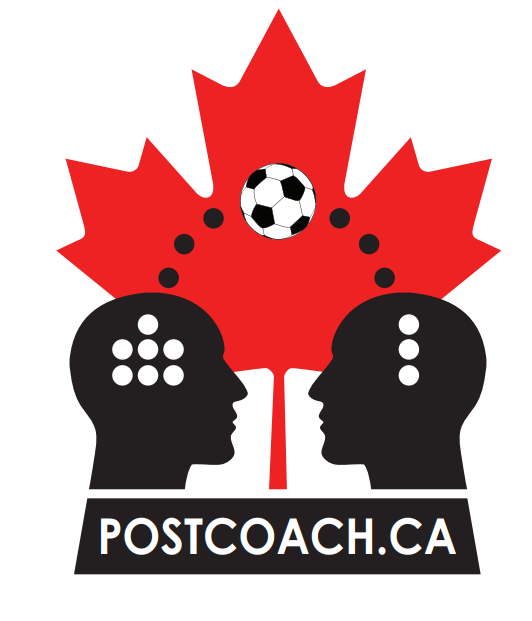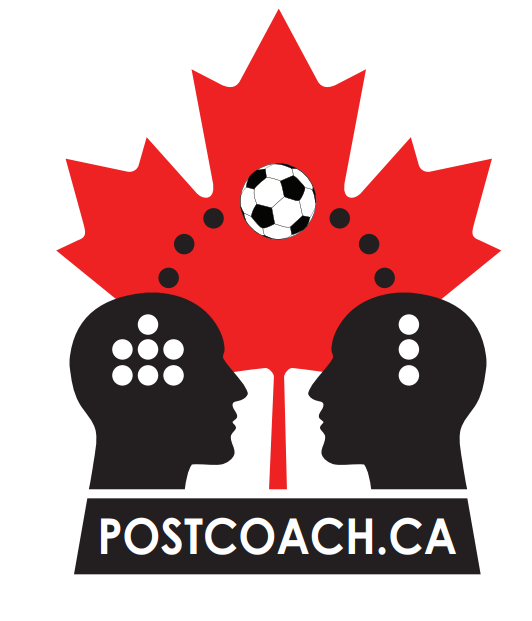OUA To Review Policies Following Recent U SPORTS AFA Update

After the following post is from oua.ca on October 3, 2023, their plan to review of their policies following the recent U Sports AFA update with respect to athletic financial awards and have guidelines in place by 2024-25. The OUA will review policies following recent U SPORTS AFA update https://www.oua.ca/general/2023-24/releases/oua_to_review_policies_following_u_sports_afa_update.
“As a result of the recent U SPORTS announcement surrounding policy changes to Athletic Scholarships (AFA) and Eligibility, Ontario University Athletics (OUA) will be reviewing the OUA Athletic Financial Award Policies and Black or Indigenous Heritage Student-Athlete Bursary Policy, evaluating potential changes effective 2024-25.
Having proudly supported gender equity within the Conference’s AFA Policy for the past 15 years, the OUA applauds the rest of the country for taking these steps toward achieving greater gender equity at a national level.”
What does the above statement mean?
That was NOT the focus of of the announcement. Where THIS focus came from, is completely out of “Left Field”.
This is what the announcement from USports said:
To better support student-athletes, U SPORTS announced significant policy changes to Athletic Scholarships (AFA) and Eligibility on Thursday, effective the 2024-25 season.
Beginning next year, first-time entering student-athletes will be permitted to participate and receive an athletic scholarship so long as they have been accepted to a member university and enrolled in degree-granting courses.
The new direction replaces the existing policy that requires entering student-athletes to have an 80% average in their final year of high school or CEGEP to be eligible for an entering athletic scholarship and a 60% average to participate athletically in their first year of study.
“These changes intend to remove systemic barriers impacting a student-athlete’s ability to participate in U SPORTS and receive funding assistance for pursuing their education,” said Pierre Arsenault, U SPORTS Chief Executive Officer. “Our focus is to make university studies and sports participation more accessible. For current entering student-athletes participation in U SPORTS depends on their high school or CEGEP grades. Therefore, we chose to align participation and scholarship qualification with admission to an institution.”
Also, beginning in the 2024-2025 academic year, U SPORTS institutions will be required to distribute a minimum of 45% of their total Athletic Scholarship units to student-athletes on men’s teams and a minimum of 45% of their total AFA units to student-athletes on women’s teams.
An AFA (athletic scholarship) unit equals 100% of tuition and mandatory fees for any student-athlete during an academic year. Therefore, a student with tuition and required fees of $ 5,000 and who receives an athletic scholarship of $ 5,000 would use one unit.
“Student-athletes commit many hours to represent their university,” added Arsenault. “Between attending classes, studying, practice and competitions, it is difficult for student-athletes to hold employment in-season. We are proud to work with our member institutions to ensure equitable opportunities for AFA support. We know that the changes adopted this week set all U SPORTS students up for greater success in the classroom and on the field of competition.”
The U Sports announcement does have something to do with equity and it should because female student athletes deserve to be on an equal footing financially with their male counterparts, but has nothing to do with Black or Indigenous Heritage Student-Athlete funding. If the OUA is going to cling to the concept that Black or Indigenous Heritage Student-Athletes are or have been marginalized because they cannot attain the grades to gain athletic financial awards, then they need to address THAT concept and not say that they are going to look at removing the systematic barriers that exist. This is a society problem in Ontario and not an OUA problem.
The Universities of the OUA need to maintain their academic standards and not lower them, so that they can set people up for failure and admitting them to an institution that they have not got the foundation for to be successful. How about we prepare our student athletes for success when they are younger, prior to arriving at the institutions and then attending the University is not such a big culture shock when they get there.
The OUA’s statement is confusing and really more about saying something for the sake of saying something.
Historically, OUA was the last to come to the table in the country to administer athletic awards that were not tied to academics, and it is currently behind on how they allow schools to administer those athletic awards compared to the rest of the country. There are schools in the OUA that have gone out of their way in recent years to try and bring the financial equity to their athletic departments on the male and female sides of the ledger, but there are still inequities that exist. Stating the obvious, athletics in Canada is a school’s money losing proposition and forcing the institutions to dole out more money for a “feel good community outreach”, again is asking institutions to sometimes spend money that they simply do not have and is financial suicide. We have already had one public university in Ontario file for bankruptcy protection in recent years, how many more do we want to push to this brink?
Programs cost money, academics cost money, so there has to be a balance. Maybe, that should have been the statement from the OUA.
Sources: https://www.oua.ca/general/2023-24/releases/oua_to_review_policies_following_u_sports_afa_update
https://usports.ca/en/news/2023/09/2231723207/u-sports-announces-significant-policy-changes-to-athletic-scholarships-and-eligibility-alignment



